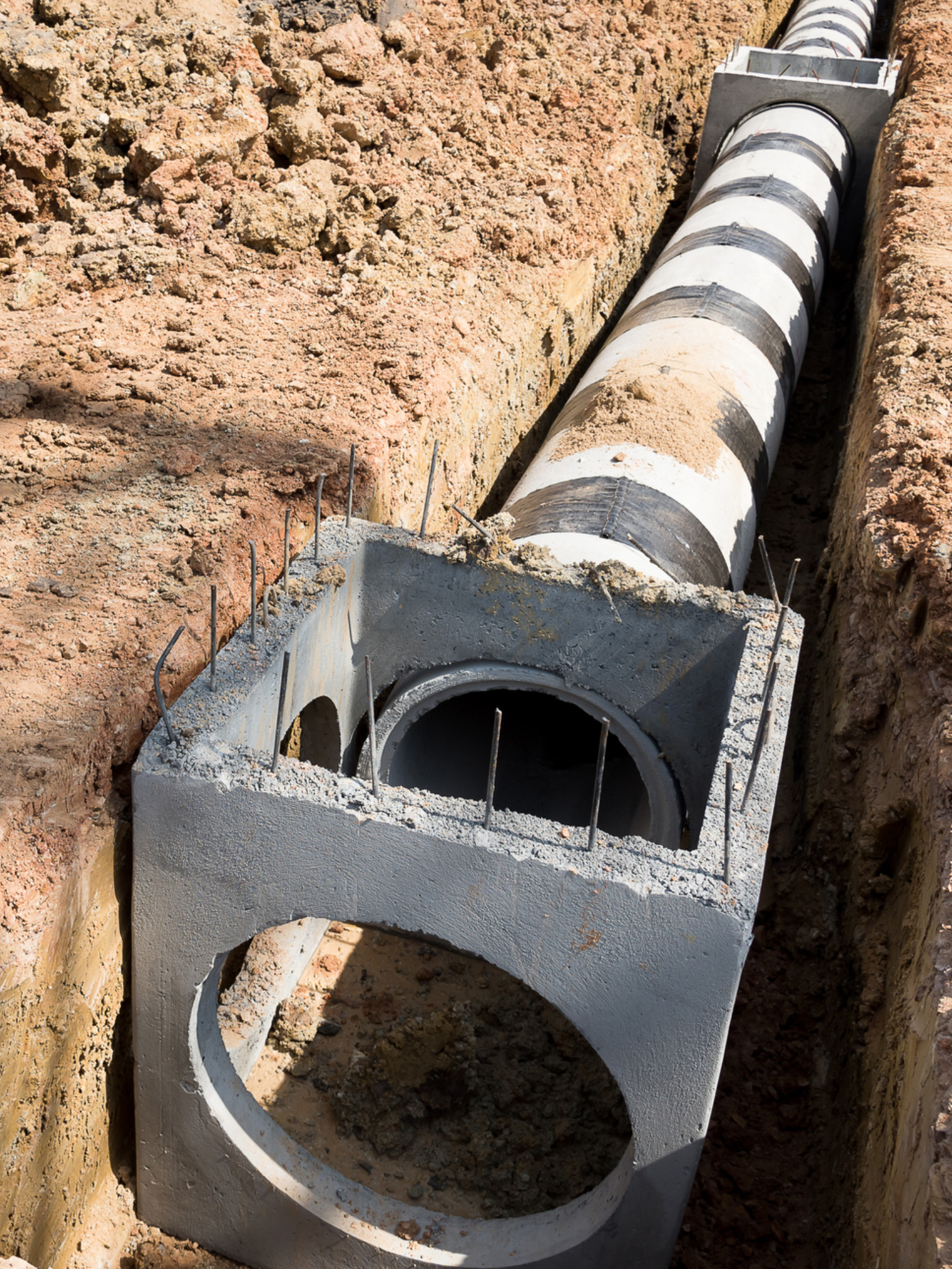Lancaster Excavation - Professional Excavation Providers in Lancaster, OH
Lancaster Excavation - Professional Excavation Providers in Lancaster, OH
Blog Article
Comprehensive Excavation Techniques: Understanding the Basics for Success
The cautious planning, accurate implementation, and thorough attention to information required in excavation jobs demand a detailed technique that encompasses numerous basic aspects. The true proficiency exists not simply in recognizing these principles however in effortlessly integrating them to navigate the complexities of excavation tasks with finesse.
Recognizing Excavation Job Planning

Effective excavation jobs are developed on the structure of detailed and precise preparation. The preliminary stage of any type of excavation project is the drawing board, where important decisions are made that can substantially impact the end result of the task. During this stage, it is important to collect all relevant information concerning the site, consisting of topographical studies, dirt make-up, and any potential dangers that may exist. Recognizing the job timeline, budget, and extent constraints is critical for creating a comprehensive excavation strategy that makes certain the job's success.
One secret aspect of excavation job planning is the growth of a thorough timeline that details the sequence of turning points, activities, and due dates. By carefully thinking about all these factors throughout the planning phase, excavation jobs can be executed successfully and properly, leading to effective outcomes - excavating ohio.
Soil Evaluation and Site Examination
Conducting extensive soil evaluation and site analysis is a crucial action in the preparation phase of any kind of excavation project. Soil evaluation includes figuring out the composition, framework, and residential properties of the dirt at the excavation site. This info is critical for understanding the soil's bearing ability, moisture content, and potential for erosion, which are key consider identifying the excavation methods and devices required for the job.
Website evaluation surpasses dirt evaluation and includes a wider analysis of the overall site problems. This examination consists of identifying any prospective hazards, such as underground energies, ecological issues, or unsteady surface, that can influence the excavation process. By extensively reviewing the site, project supervisors can establish efficient excavation techniques that prioritize safety and security, efficiency, and environmental management.
Using advanced technologies like ground-penetrating radar, soil tasting, and drone studies can boost the accuracy and efficiency of soil analysis and website examination. Spending time and resources in these initial steps can ultimately conserve time and prevent pricey hold-ups or issues during the excavation process.
Devices Option and Application
Effective excavation jobs rely heavily on strategic tools option and use to guarantee ideal performance and efficiency. Choosing the right tools for the work is vital in making the most of efficiency and reducing downtime. Variables such as the kind of soil, deepness of excavation, and project scope play a considerable role in establishing one of the most appropriate devices for the job available.

In enhancement to selecting the proper devices, appropriate use is vital to task success. Operators has to be educated to take care of the tools safely and efficiently - dump truck companies in ohio. Normal upkeep checks and prompt repair services assist prevent breakdowns and ensure consistent performance throughout the task
Precaution and Rules Conformity
In the world of excavation tasks, focusing on precaution and compliance with policies is paramount to guaranteeing a protected and legally audio operational environment. Precaution incorporate a variety of methods, consisting of performing extensive website assessments, carrying out correct signage and obstacles, and supplying sufficient safety training for all employees associated with the excavation process. Adherence to laws, such as OSHA demands in the USA, guarantees that the excavation job meets the required criteria to secure employees, spectators, and the surrounding atmosphere.

Tracking Development and Adjusting Approaches
Just how can forecast supervisors properly track the innovation of excavation tasks and adjust their methods appropriately to optimize end results? Tracking development is vital for guaranteeing that excavation projects remain on track and satisfy target dates. Job managers can make use of numerous tools and techniques you can try here to track development, such as day-to-day development records, normal website assessments, and progressed monitoring technologies like drones and general practitioners tracking systems. By constantly keeping an eye on the task's improvement, managers can determine any possible delays or concerns at an early stage and take proactive actions to resolve them.

Conclusion
Finally, understanding the fundamentals of thorough excavation methods is crucial for the success of any task. By recognizing job planning, assessing dirt and site problems, choosing suitable tools, adhering to safety laws, and checking progress, task supervisors can make certain a effective and smooth excavation process. Implementing these methods will bring about effective end results and reduce potential dangers or setbacks throughout the excavation project.
The preliminary phase of any type of excavation job is the planning phase, where crucial decisions are made that can substantially influence the result of the project. Recognizing the task scope, budget plan, and timeline restrictions is essential for producing a thorough excavation plan that guarantees the job's success.
Just how can forecast supervisors effectively track the advancement of excavation tasks and adjust their techniques as necessary straight from the source to maximize outcomes? By very closely checking progression and being willing to adapt methods, task supervisors can boost the total success of excavation jobs.
By comprehending task planning, assessing soil and website problems, picking proper devices, conforming with security guidelines, and keeping an eye on progression, task supervisors can make sure a efficient and smooth excavation process.
Report this page